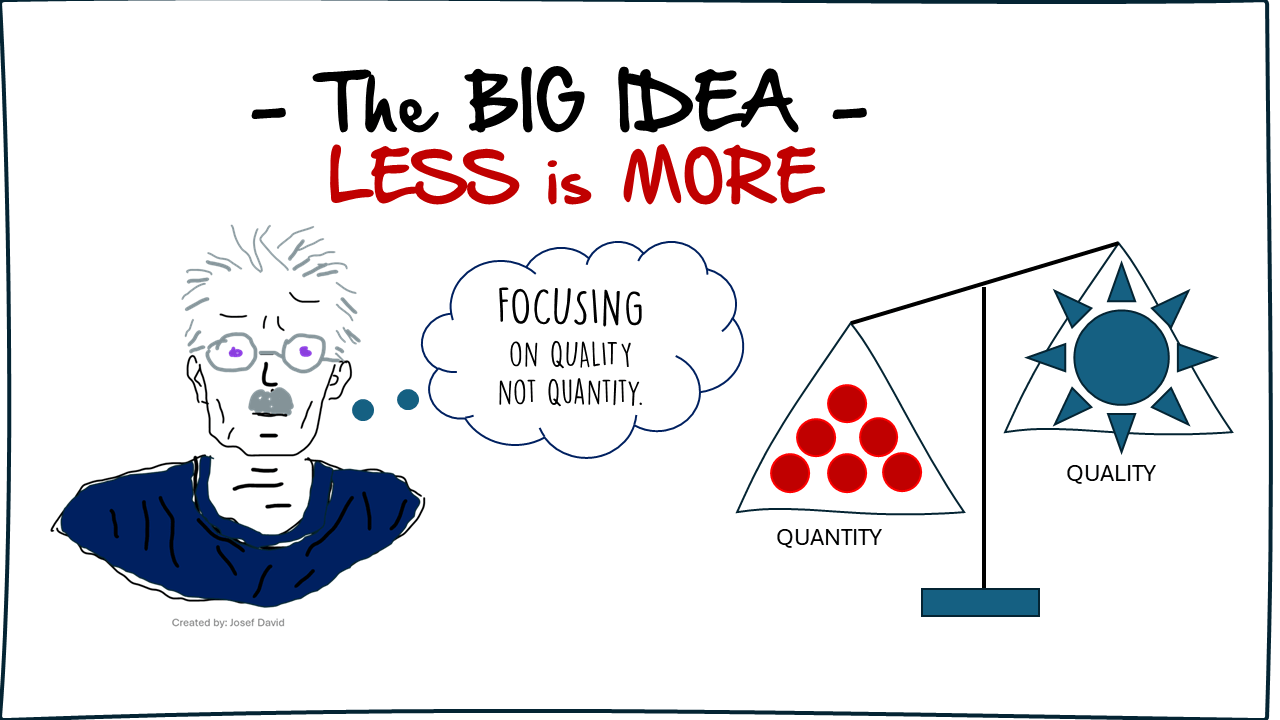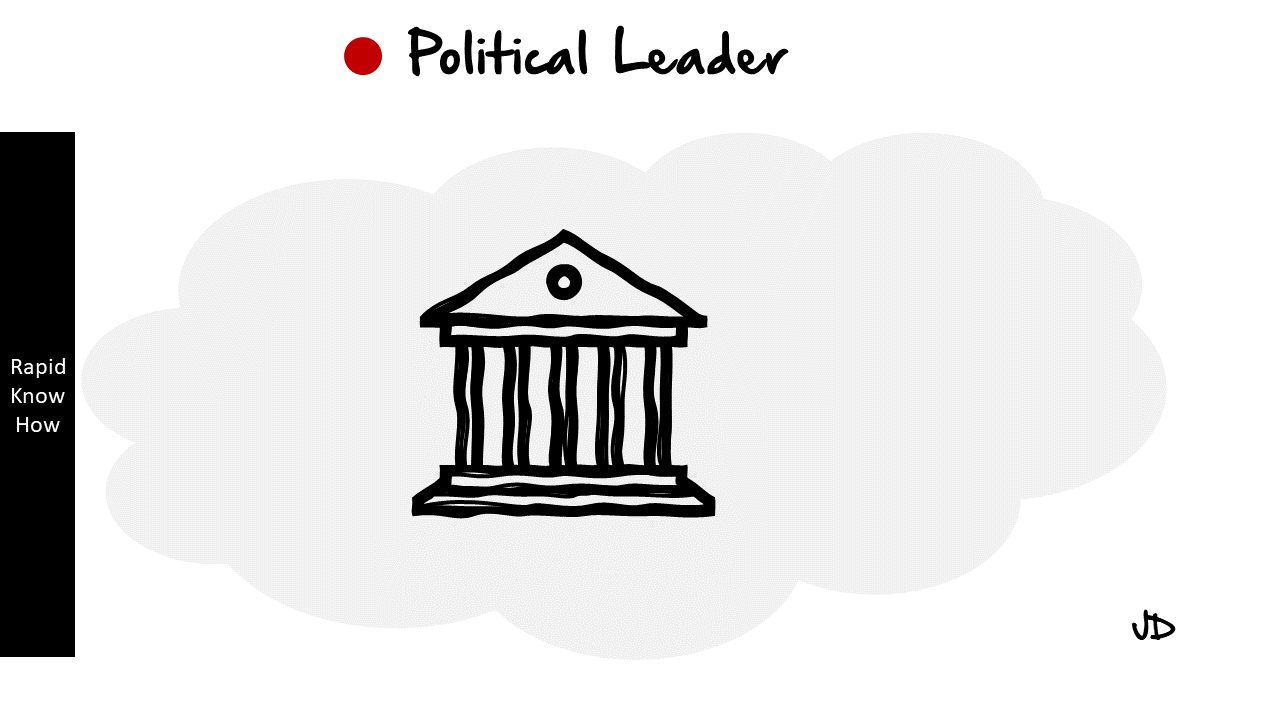Why Less is More?
The concept of “less is more” is often associated with the idea that simplicity and minimalism can lead to a more fulfilling and sustainable life. Here are a few reasons why “less is more” when it comes to sustainable living:
1. Reduced Consumption: By embracing a minimalist lifestyle, individuals can reduce their consumption of goods and resources. This can lead to less waste and a smaller environmental footprint.
2. Lower Environmental Impact: When we consume less, we reduce the demand for products that require significant resources to produce and transport. This can help lower our overall environmental impact.
3. Financial Savings: Embracing a minimalist lifestyle can lead to financial savings, as individuals focus on purchasing only what they truly need. This can also reduce the strain on natural resources and the environment.
4. Increased Quality of Life: Simplifying our lives and focusing on what truly matters can lead to a greater sense of fulfillment and well-being. By prioritizing experiences and relationships over material possessions, individuals can lead more meaningful lives.
5. Encourages Sustainability: Embracing a “less is more” mindset encourages sustainable practices, such as reusing and repurposing items, reducing waste, and making mindful choices about consumption.
Overall, the “less is more” approach aligns with the principles of sustainability by promoting a more mindful and intentional way of living that benefits both individuals and the planet.
Why Less is More benefits both indiviuals and the planet?
The “less is more” approach benefits both individuals and the planet in several ways:
1. Reduced Environmental Impact: By consuming less and prioritizing quality over quantity, individuals can reduce their overall environmental impact. This includes lowering energy consumption, minimizing waste generation, and decreasing the demand for resources, which ultimately helps to preserve the health of the planet.
2. Financial Savings: Embracing a minimalist lifestyle often leads to financial savings for individuals. By focusing on purchasing only what is truly needed, people can save money and reduce their reliance on consumerism, which in turn can lead to a more sustainable use of resources.
3. Improved Well-being: Simplifying one’s life and focusing on what truly matters can lead to a greater sense of well-being and contentment. By reducing the emphasis on material possessions and consumerism, individuals can find more fulfillment in experiences, relationships, and personal growth.
4. Encourages Sustainable Practices: The “less is more” mindset encourages sustainable practices such as reusing, repurposing, and recycling items, as well as making mindful choices about consumption. This promotes a more sustainable use of resources and a reduction in waste generation.
5. Promotes Mindful Consumption: Embracing a minimalist approach encourages individuals to be more mindful about their consumption habits. This can lead to a greater appreciation for the things they do have, as well as a more thoughtful consideration of the environmental and social impacts of their purchasing decisions.
Overall, the “less is more” philosophy benefits both individuals and the planet by promoting a more sustainable and mindful way of living that prioritizes well-being, environmental stewardship, and responsible consumption.
Why consumers don’t embrace the Less is More ” approach?
Consumers may not always embrace the “less is more” approach for several reasons:
1. Societal Pressure: In many societies, there is a strong emphasis on material possessions and consumerism as symbols of success and status. This societal pressure can make it challenging for individuals to adopt a minimalist mindset, as they may feel compelled to keep up with the perceived expectations of others.
2. Marketing and Advertising: The consumer culture is heavily influenced by marketing and advertising, which often promotes the idea that more is better. Messages that encourage constant consumption and the acquisition of new products can make it difficult for individuals to resist the allure of material possessions.
3. Emotional Attachment: Many people develop emotional attachments to their belongings, making it difficult to part with items even if they are no longer needed or used. This emotional connection can create resistance to the idea of decluttering and simplifying one’s life.
4. Fear of Missing Out: The fear of missing out on the latest trends or products can drive consumer behavior. Individuals may feel compelled to constantly acquire new items in order to feel included or to keep up with the perceived lifestyle of others.
5. Perceived Value: Some consumers equate the quantity of possessions with value and may struggle to shift their mindset to prioritize quality over quantity. The idea of having more items can be perceived as a sign of wealth and success, leading to resistance towards embracing a minimalist approach.
6. Habitual Behavior: Consumer habits are often deeply ingrained, and breaking away from the cycle of constant consumption can be challenging. Many people are accustomed to a lifestyle of excess and may find it difficult to shift towards a more minimalist approach.
Despite these challenges, there is a growing movement towards minimalism and sustainable living as more people recognize the benefits of simplifying their lives and reducing their environmental impact. Education, awareness, and a shift in societal values can help to overcome these barriers and encourage more individuals to embrace the “less is more” approach.
Why to shift in societal values
Shifting societal values towards embracing minimalism and sustainable living can have several positive impacts on individuals and the environment:
1. Environmental Sustainability: Embracing minimalism can lead to reduced consumption and waste, which can help in conserving natural resources and reducing environmental impact. By valuing quality over quantity and making mindful purchasing decisions, individuals can contribute to a more sustainable future for the planet.
2. Financial Well-being: Minimalism encourages people to focus on what truly brings them value and happiness, rather than constantly seeking fulfillment through material possessions. This shift in mindset can lead to reduced spending, increased savings, and a greater sense of financial security.
3. Mental and Emotional Well-being: Simplifying one’s life and reducing clutter can lead to a sense of calm and clarity. By prioritizing experiences and relationships over material possessions, individuals can experience greater fulfillment and reduced stress.
4. Social Connection: Embracing minimalism can encourage a focus on experiences and relationships, leading to stronger social connections and a sense of community. This can contribute to overall well-being and a sense of belonging.
5. Ethical Considerations: Minimalism often aligns with ethical considerations such as fair labor practices, environmental responsibility, and conscious consumerism. By valuing ethical and sustainable products, individuals can contribute to positive social and environmental change.
6. Personal Growth: Embracing minimalism can lead to personal growth and self-discovery as individuals reassess their values and priorities. This can lead to a more intentional and fulfilling life.
By shifting societal values towards embracing minimalism and sustainable living, we can create a more conscious and responsible consumer culture that prioritizes well-being, environmental stewardship, and ethical considerations. This shift can contribute to a more balanced and harmonious relationship between individuals, communities, and the natural world.




